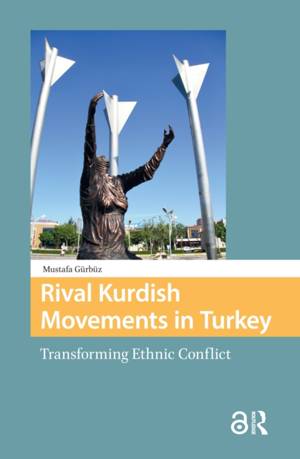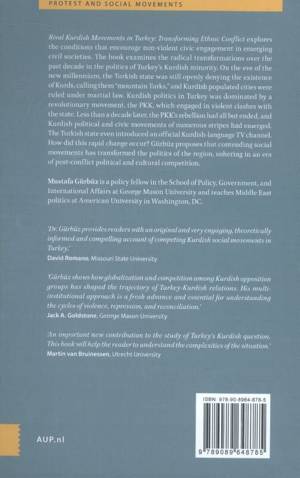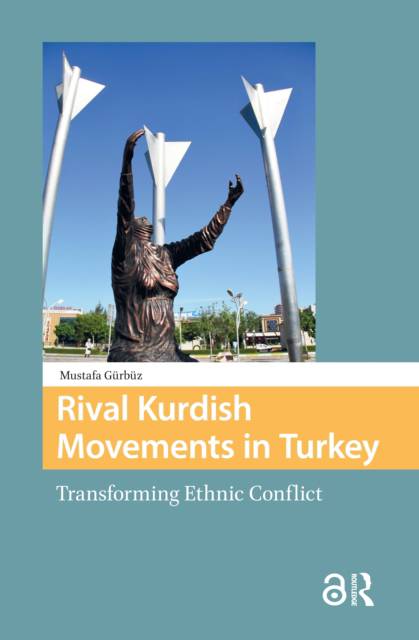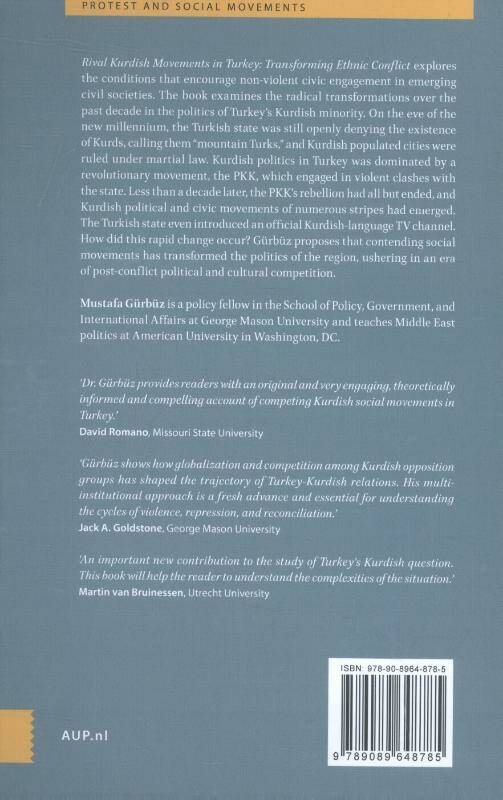
- Afhalen na 1 uur in een winkel met voorraad
- Gratis thuislevering in België vanaf € 30
- Ruim aanbod met 7 miljoen producten
- Afhalen na 1 uur in een winkel met voorraad
- Gratis thuislevering in België vanaf € 30
- Ruim aanbod met 7 miljoen producten


Omschrijving
This book explores the conditions that encourage non-violent civic engagement in emerging civil societies. Gürbüz examines the radical transformations over the past decade in the politics of Turkey's Kurdish minority. On the eve of the new millennium, the Turkish state was still openly denying the existence of Kurds, calling them "mountain Turks," and Kurdish populated cities were ruled under martial law. Kurdish politics in Turkey was dominated by a revolutionary movement, the PKK, which engaged in violent clashes with the state. Less than a decade later, the PKK's rebellion had all but ended, and Kurdish political and civic movements of numerous stripes had emerged. The Turkish state even introduced an official Kurdish-language TV channel. How did this rapid change occur? Gürbüz proposes that contending social movements has transformed the politics of the region, ushering in an era of post-conflict political and cultural competition.
Specificaties
Betrokkenen
- Auteur(s):
- Uitgeverij:
Inhoud
- Aantal bladzijden:
- 206
- Taal:
- Engels
- Reeks:
Eigenschappen
- Productcode (EAN):
- 9789089648785
- Verschijningsdatum:
- 14/01/2016
- Uitvoering:
- Hardcover
- Formaat:
- Genaaid
- Afmetingen:
- 155 mm x 236 mm
- Gewicht:
- 458 g

Alleen bij Standaard Boekhandel
+ 310 punten op je klantenkaart van Standaard Boekhandel
Beoordelingen
We publiceren alleen reviews die voldoen aan de voorwaarden voor reviews. Bekijk onze voorwaarden voor reviews.











